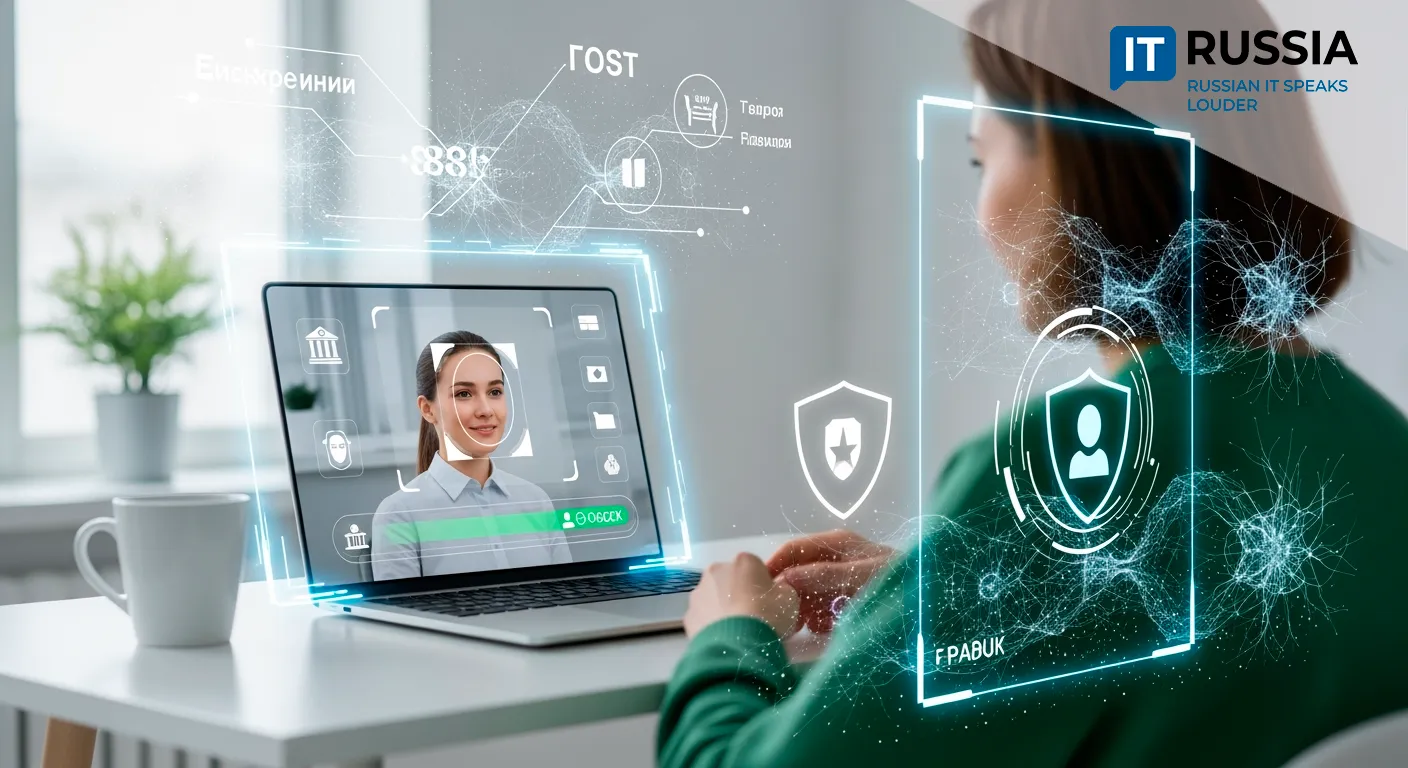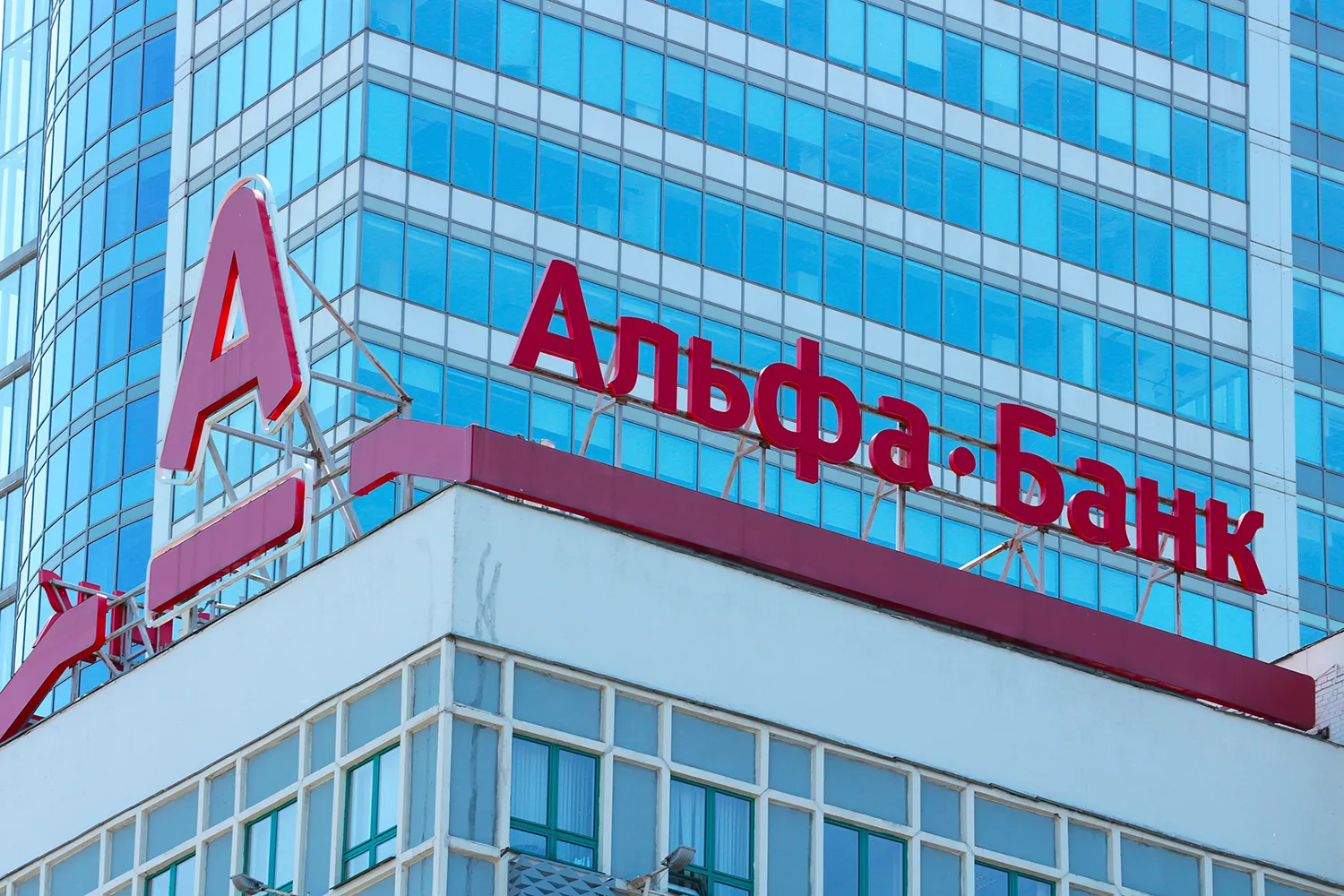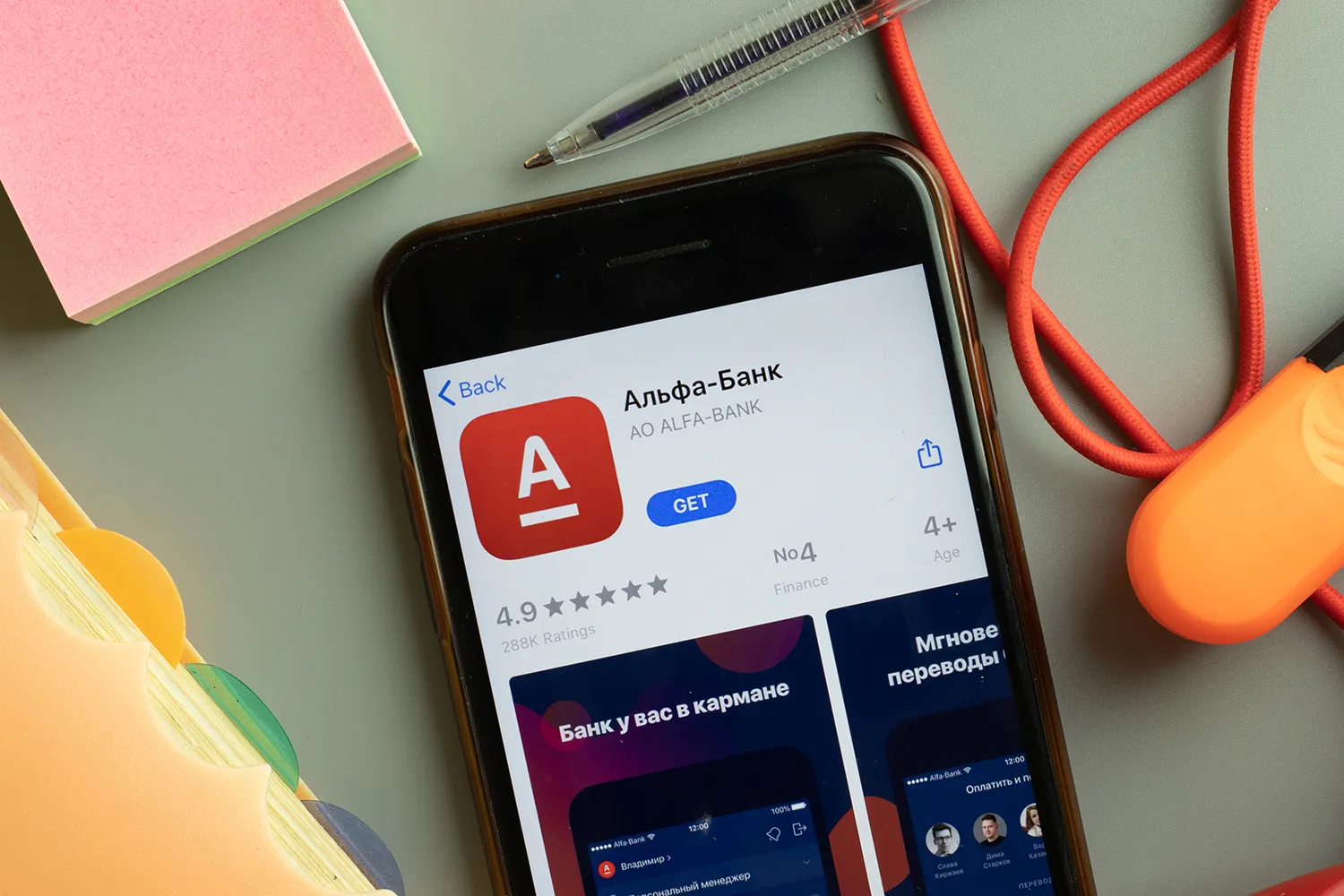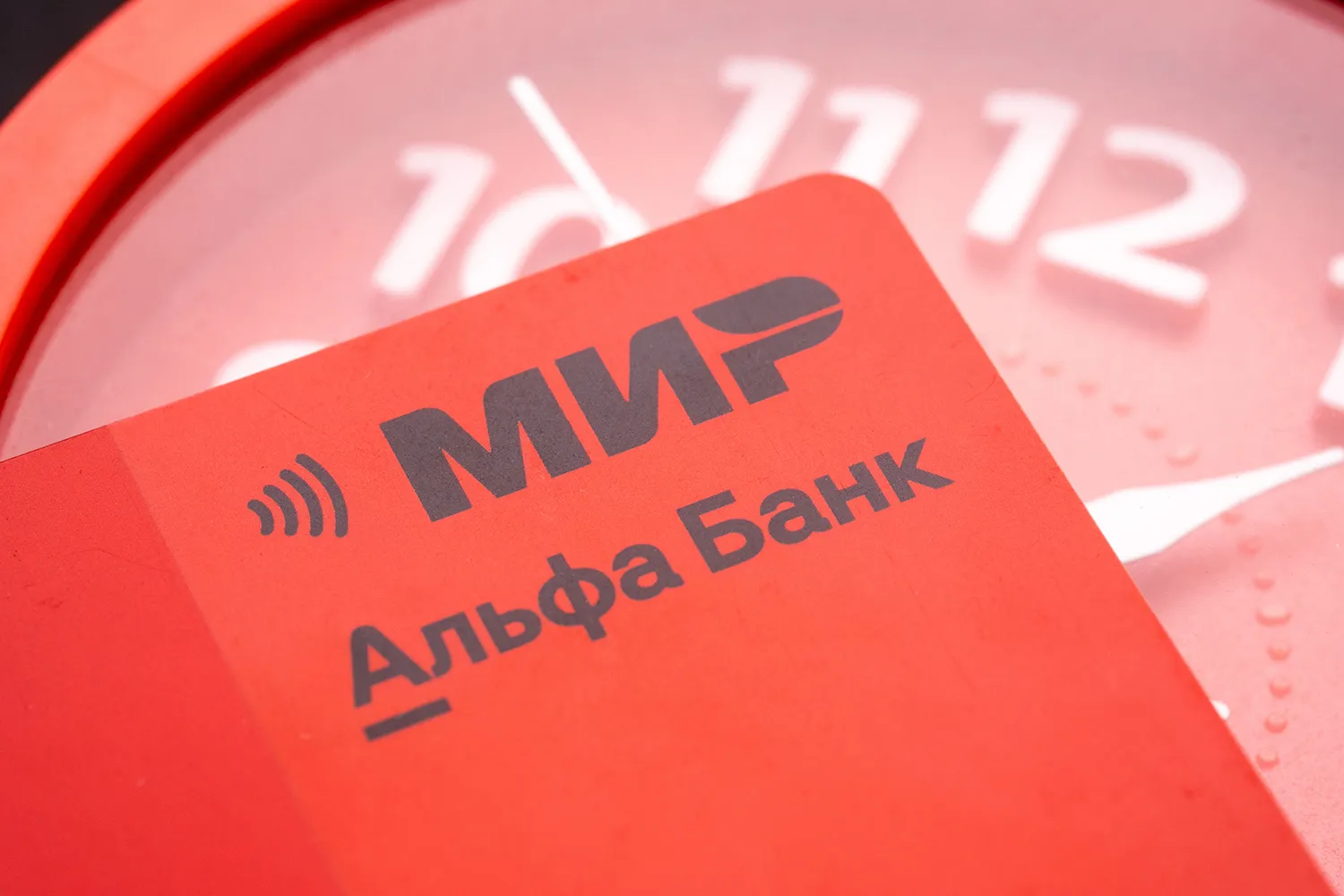Security First: Alfa-Bank Launches Video Identification to Unlock Cards

Alfa-Bank has introduced a video identification service that allows customers to regain access to their accounts and unblock cards without visiting a branch.
Minimizing Fraud and Data Leaks
Users can initiate the process via customer support—either through a phone call or in-app chat. They receive a list of required documents to submit electronically and present during a video call. During the session, operators perform real-time facial recognition and verify document authenticity, minimizing risks of forgery or impersonation.
The system includes reverse verification: the client generates a one-time code in the app to confirm the bank employee’s identity—an effective defense against fraudulent calls.

Transaction-level monitoring is handled by AI, analyzing each operation using 3,501 machine learning parameters. Suspicious actions are flagged or blocked, requiring confirmation through in-app IP calls. For corporate clients, GOST (state standard) encryption ensures signatures and data are securely stored using certified tools like CryptoPro CSP and JCP—key to preventing leaks and forgeries.
Expanding Verification and Export Potential
The service can be integrated with ATMs and video-enabled terminals operating in special modes approved by the Central Bank. Video calls and document checks are conducted in secure environments, keeping deepfake and forgery risks minimal. Reverse verification can also be scaled across Alfa-Bank’s entire workforce, including tellers and consultants.
The platform has export potential. A secure SaaS-based video verification and employee validation service could serve banks across the CIS and emerging markets. Its use of GOST cryptography aligns with domestic security standards, appealing to regulators in those regions.

From Employee Checks to Replacing SMS Codes
In 2022, Russia’s Central Bank explored using ATMs for remote customer onboarding but warned of deepfake and spoofing risks. They demanded robust secure solutions.
In 2023, Alfa-Bank became the first in the Secure Financial Messaging (SFM) ecosystem to launch reverse employee verification, protecting customers from voice scam fraud. The same year, the bank’s AI was trained to detect fraudulent transactions using machine learning models with thousands of variables—helping reduce false positives and denials.
In 2024, Alfa-Bank adopted GOST cryptography for mobile banking in the business segment, eliminating SMS codes and improving both speed and reliability. The new system uses PayControl GOST by SafeTech to ensure integrity and authorship of signed documents.

Securing Digital Interactions
This video verification system isn’t just about convenience. Combined with reverse employee checks, AI transaction analysis, and GOST cryptography, it represents a comprehensive security framework for digital financial services.
Within the next one to two years, video ID is expected to become standard across the banking sector. Reverse verification may expand to cover all customer interactions. Full ID-enabled video ATMs may soon launch under the Central Bank’s regulatory sandbox.
Additionally, Alfa-Bank’s video verification and cryptography platforms may become exportable to CIS and BRICS markets, where local certification is crucial. Experts expect sustained investment in anti-fraud ML models. These systems will evolve, balancing enhanced protection with user convenience.










































